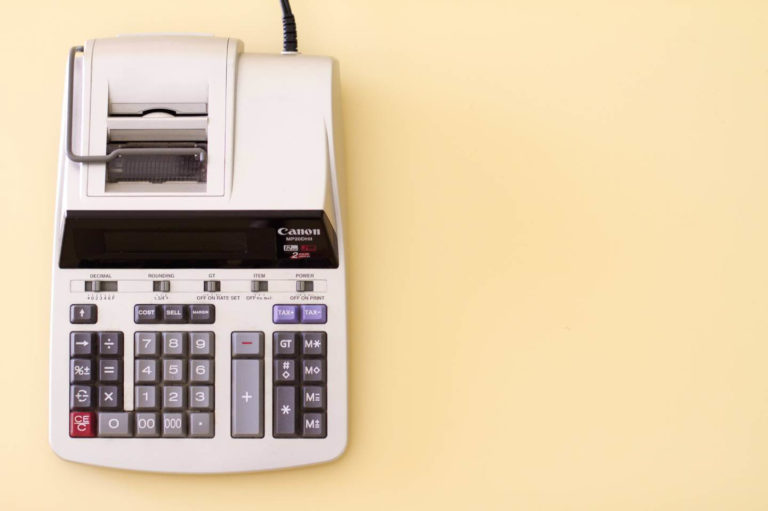When you read the word “goodwill”, there are a few things which probably come to mind. Whilst goodwill is simple to think about, it’s hard to come up with a definition in terms of your business, and figuring out whether it’s something you need to invoice for can be confusing.
What is Goodwill?
To put it simply, commercial goodwill is the various advantages and benefits associated with having a strong name, reputation and connection with other companies and organizations operating within your industry.
It is something which, over time, pulls in new customers and helps you remain competitive—it enables you to distinguish yourself as an established and trusted firm, something which new companies struggle with in the beginning.
Any intangible attribute which contributes in the long-term to a company’s earning potential can be described as goodwill.
There are several “official” definitions, but they all encompass the above.
The Various Features of Commercial Goodwill
Despite the various definitions, goodwill must feature the following:
- Be an intangible asset which cannot be seen;
- It cannot be separated from the business like a physical asset can;
- Its value is not relative to any investment amounts or costs;
- This value is subjective and depends on the person (customer) judging it; and
- It is subject to wild and unpredictable fluctuations in response to externalities.
If anything falls outside of these categories, then it cannot be said to be true goodwill. Additionally, it cannot be transferred—goodwill forms a core part of the business which cannot separate and can only move with the company in question.
A business asset is anything your business owns or has control over, such as a tangible computer or an intangible invoice which is currently awaiting payment.
Types of Goodwill
There are two distinct types of goodwill: purchased, and inherent.
1. Purchased Goodwill
Purchased goodwill comes around when a business concern is purchased for an amount above the fair value of the separable acquired net assets. As a result, it is shown on the balance sheet as an asset—they are the only types of goodwill which can be recognized on a company’s accounts.
2. Inherent Goodwill
Inherent goodwill is the opposite of purchased goodwill and represents the value of a business more than the fair value of its separable net assets. This type of goodwill is internally generated and arises over time due to reputation, and it can be either positive or negative.
Inherent goodwill is, of course, the best to have. After all, it costs you nothing and you can gain a lot from it. It takes a lot of time to build inherent goodwill, however, there are certain factors which have a great influence on it.
For example, if you are selling an outstanding product or providing an excellent service consistently, you are going to build this inherent goodwill a lot quicker. Additionally, factors such as favorable location, how long you have been established and a hard work ethic which builds good relationships with your customers and clients all play a huge role in the building of inherent goodwill.
Accounting for Goodwill: Do I Need to Invoice?
Goodwill can easily be reflected in your company’s accounting. There are several different ways to do this and the best and most cost-effective way for your company depends entirely on the specifics of it.
It used to be the case that when the “purchase” method of goodwill was used, the acquiring company put it on the balance sheet under the goodwill asset account. This is no longer the case, however, and goodwill is not amortized on an income statement.
Some of the ways that goodwill can now be accounted for are:
- Immediately written off against profits or accumulated reserves;
- Retained as an asset without a write-off unless it drops in value;
- Deduct it from shareholders’ funds; or
- Carry it as an asset and write it off over time through the profit and loss account.
Because of this, it is important to outline that goodwill should only be recorded and recognized in business accounts when there is some consideration in terms of money, or money has been paid for it (e.g. when there has been an invoice raised and paid).
For inherent goodwill, there is absolutely no need to account for it at all—it is not transactional in nature and comes about as a result of your company’s image.











